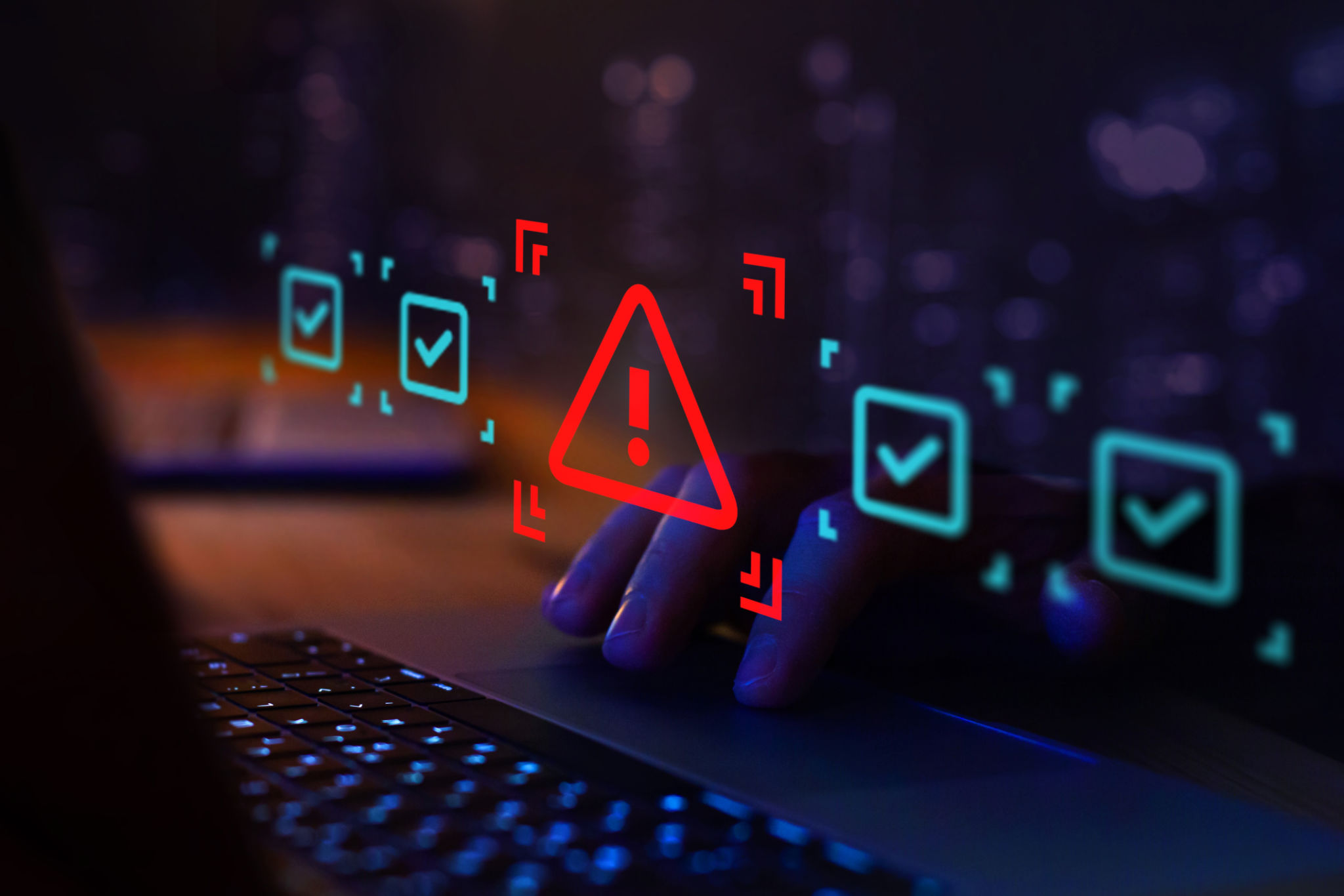A Comprehensive Guide to IT Security for Small Businesses in Kent
Understanding IT Security
In today's digital age, IT security is not just a luxury but a necessity for small businesses, especially in areas like Kent where economic activities are rapidly digitizing. IT security involves protecting your business data and systems from cyber threats that could potentially harm your operations. For small businesses, implementing strong IT security measures can be the difference between thriving and struggling in a competitive market.
The importance of IT security cannot be overstated. Small businesses often believe they are less likely to be targeted by cybercriminals, but they are often seen as easy targets due to potentially weaker defenses. Understanding the fundamentals of IT security is the first step toward safeguarding your business assets.

Common Threats to Small Businesses
Small businesses face a variety of cyber threats including phishing scams, malware, and ransomware attacks. Phishing scams trick employees into revealing sensitive information by pretending to be a trustworthy source. Malware includes viruses and spyware that can infiltrate your systems without your knowledge.
Ransomware is particularly devastating as it locks you out of your systems until a ransom is paid. These threats can lead to significant financial losses and damage to your business's reputation. Being aware of these threats is crucial for developing effective security strategies.

Essential IT Security Practices
To protect your small business from these threats, implementing essential IT security practices is vital. Start by ensuring that all software is up-to-date with the latest security patches. This reduces vulnerabilities that cybercriminals could exploit. Additionally, using strong, unique passwords for all accounts can prevent unauthorized access.
Consider employing a firewall to monitor incoming and outgoing network traffic based on predetermined security rules. This acts as a barrier between your trusted internal network and untrusted external networks. Additionally, regularly backing up data ensures that you can recover vital information in case of an attack.

Employee Training and Awareness
Your employees are often the first line of defense against cyber threats. It is crucial to provide regular training sessions on identifying phishing emails, setting strong passwords, and understanding the importance of IT security policies. An informed workforce can significantly reduce the risk of successful cyberattacks.
Developing a culture of security awareness within your organization can also empower employees to report suspicious activities promptly. Encourage open communication and make IT security an integral part of your company culture.
Utilizing Professional IT Services
While small businesses might have limited resources, investing in professional IT services can be a wise decision. Managed IT service providers offer expertise and resources that might be unavailable in-house. They can help you implement robust security measures, monitor systems for suspicious activities, and ensure compliance with data protection regulations.
Moreover, professional IT services can provide 24/7 support, giving you peace of mind knowing that your systems are protected around the clock. This allows you to focus on growing your business while leaving the complexities of IT security to the experts.

Regular Security Audits
Conducting regular security audits is essential for maintaining a secure IT environment. These audits help identify potential vulnerabilities and assess the effectiveness of current security measures. By analyzing these results, you can make informed decisions about necessary improvements or adjustments.
Security audits also ensure compliance with industry regulations, helping you avoid potential fines or legal issues. Scheduling these audits at regular intervals demonstrates a proactive approach to securing your business assets.
Creating an Incident Response Plan
No system is entirely immune to cyber threats, which makes having an incident response plan crucial. This plan should outline step-by-step procedures for responding to various types of cyber incidents, including who is responsible for what actions and how communication will be handled internally and externally.
A well-prepared incident response plan minimizes damage and recovery time following a breach or attack, helping your business return to normal operations swiftly.
